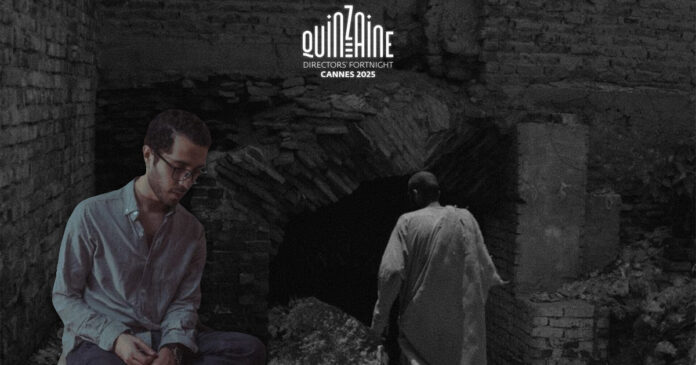Pakistani director Aleem Bukhari’s short film Karmash made history on May 22, 2025, as it opened the Directors’ Fortnight (Quinzaine des Cinéastes) section of the Cannes Film Festival. It is a historical achievement since Karmash is the first-ever Pakistani short film to be included in this prestigious segment of the festival.
Karmash is a 15-minute black-and-white short film that moves away from traditional narrative. The film documents the sole survivor of the fictional Karmash tribe as he traverses disjointed recollections of his forefathers’ customs. Instead of following a linear narrative, the film reads like an essay, accepting uncertainties and contemplations. Its unconventional form and haunting imagery make it all the more engaging.
Guerrilla Filmmaking at Its Best
The production of Karmash is a reflection of creativity and dedication. Aleem Bukhari, an amateur director from Hyderabad, worked with five friends to make the film happen. With a shoestring budget, the crew used borrowed equipment and few resources. It was photographed on a Sony A6400 camera fitted with a 35mm lens, using mostly natural light. The crew used motorcycles to get around, with most of the budget spent on petrol and food.
Themes of Legacy and Identity
The word “Karmash” means “one who keeps to his duty and legacy,” summarising the core themes of the film. Bukhari set out to create an experimental film that serves as a diary or memoir, tracing the protagonist’s attempt to reconnect to his cultural heritage. The film veers into horror and the supernatural, deepening its investigation of memory and identity.
A Vision Realised
Looking back, Bukhari was amazed that the film was chosen: “It was surreal. Very overwhelming.” The success of Karmash highlights the prospects of independent filmmaking in Pakistan and is an inspiration for would-be artists. Bukhari’s commitment to making auteur-led, unconventional films has resulted in one that resonates on a global platform.
Stay tuned to Brandsynario for latest news and updates

































